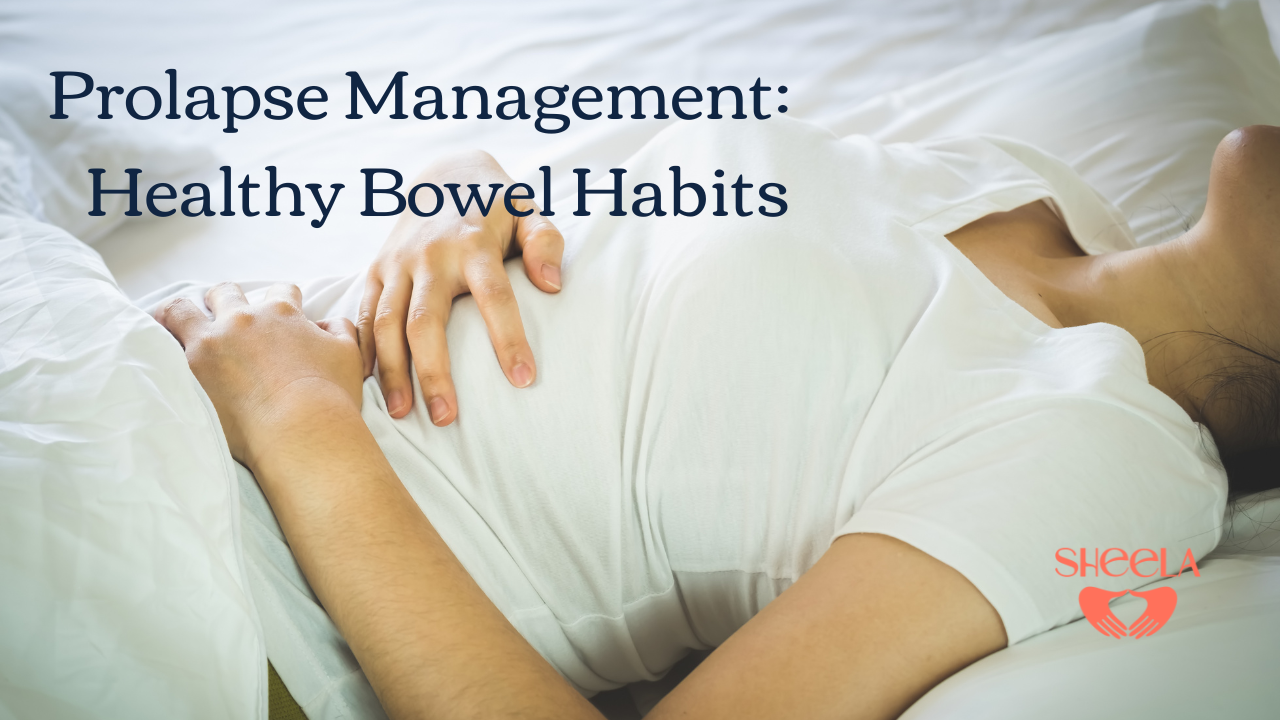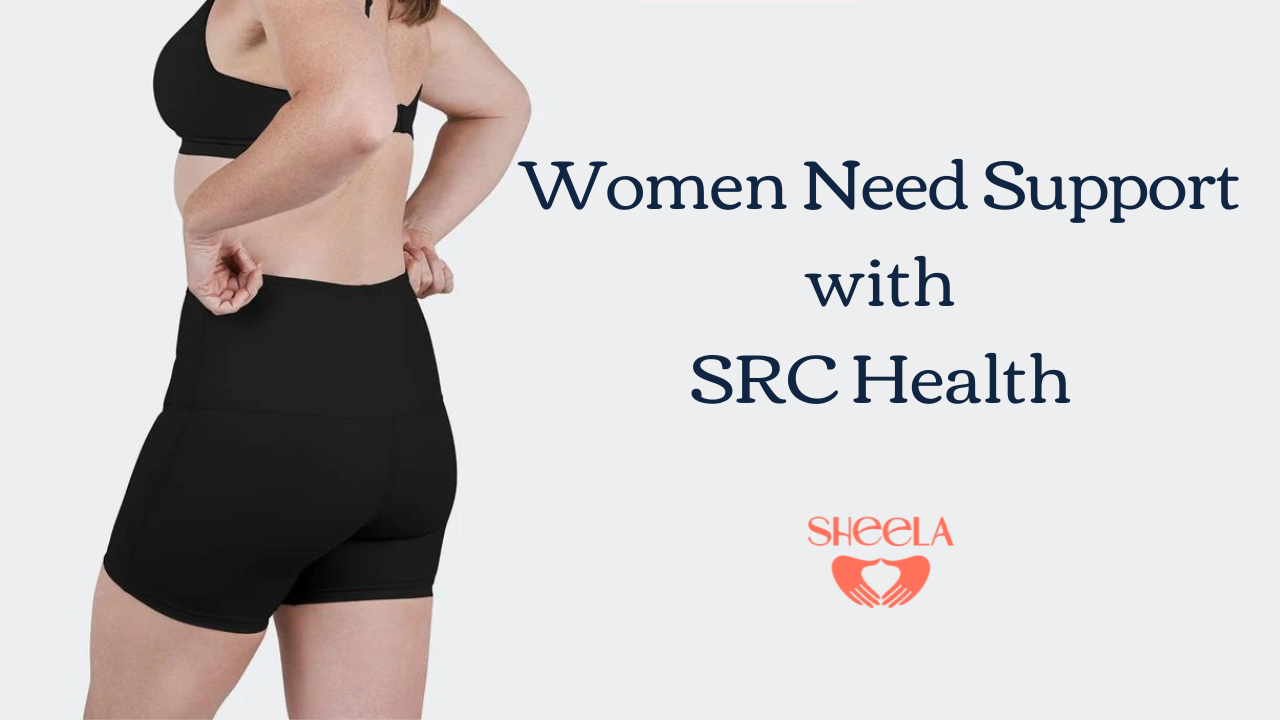Pelvic floor health matters.
Here’s why.
1. Women with pelvic floor issues like incontinence, prolapse and pain are less likely to exercise.
Over time, this can lead to weight gain, decreased heart and lung function, and poorer bone health.
2. Women with pelvic floor issues are more likely to be waking up at night to use the bathroom.
Continually disrupted sleep over long periods is linked with increased rates of cancer, diabetes, dementia, and heart disease. In older age, trips to use the loo in the dark mean we are more likely to fall and break bones which can increase risk of death.
3. The mental load of coping with pelvic floor issues on a daily basis (planning travel around bathroom breaks, carrying changes of underwear and pads around, negotiating intimacy like a military operation) means women are less able to participate fully in their social lives, at work and in their intimate relationships.
4. Incontinence in older age is one of the major factors in the decision to put a loved one into care.
5. Pelvic floor issues can have a devastating impact on our sense of self and our self esteem.
They can cause us to feel like we have to hide our symptoms and we can lose connection with our bodies making pleasurable sex lives seem like an impossibility.
All this adds up to increased daily stress and anxiety and lower self esteem.
But there is good news.
There are many, many ways to improve symptoms of pelvic floor issues - you just have to find the ones that will work for you.
What's a Pelvic Floor?
At its most simple, the pelvic floor is a sling of muscles located in the pelvic bowl i.e. the cavity created by your pelvis at the base of your torso. The pelvic floor sits in the bottom of the pelvic bowl and stretches from the tailbone at the back to the pubic bone at the front.
These muscles are essential for holding in and releasing wee and poo, for sex, birth, and breathing. They also hold our pelvic organs, like the womb and the bladder, in place.
Pelvic floor issues are known as pelvic floor dysfunction or pelvic floor disorders and symptoms include leaks, incontinence, pain and prolapse.
There are many reasons why these conditions can occur and many of them disproportionately affect women.
Pregnancy, childbirth, menopause, obesity, prostate Issues, chronic constipation, chronic cough, hormonal changes and heavy lifting can all impact how our pelvic floor works.
The pelvic floor is also connected to our emotional selves, with many people carrying tension in their pelvic floor in response to stress and anxiety.
Prioritising your pelvic floor health will improve your quality of life
A healthy pelvic floor means we can trust our bodies to carry out any activity we like - from simple bodily functions like going to the toilet, to feats of endurance like running a marathon and pleasurable experiences like stress-free sex.
Knowing how to prevent, manage and treat pelvic floor issues throughout your life means less stress, more joy and better health outcomes in the long term.
Now that is something that is worth your attention.
Improve My Quality of LIfeWhat does pelvic floor health care look like?
Every person is different and health is a personal journey. There is no one size fits all or magic bullet solution to pelvic floor health care that will serve you throughout your life.
Like your pelvic floor, how you take care of yourself has to be flexible and adapt to whatever is going on in your life at the time.
At Sheela, we want to empower you to get to know yourself; to know what it feels like when everything is working well, to know how to make adjustments when it’s not, and to know where to go for help if you need more support.
As a first port of call, we recommend you visit a Women's Health Physiotherapist who can assess your own unique needs. Women’s Health Physiotherapists are specially trained to understand the workings of the pelvic floor and will be able to assess your symptoms, give you an internal examination, and help tailor a management/ treatment plan unique to you.
Before you visit your health professional, you can empower yourself by learning about your body and how it works.
The resources we provide here at Sheela are all evidence based and will give you a good understanding of your pelvic floor, how to take care of it, how to avoid any unnecessary stresses and how to navigate any changes over time. However, they are no substitute for a personalised medical assessment.
Our focus at Sheela is on a holistic approach to pelvic floor health:
We use the breath to connect you to your physical body and process any stress or trauma you may be holding in the pelvic floor.
We help you examine lifestyle habits that may be impacting your health.
Finally, we explore good pelvic floor function as you move through your daily activities - from healthy toilet habits, to doing the dishes, exercising, having sex and everything in between.






